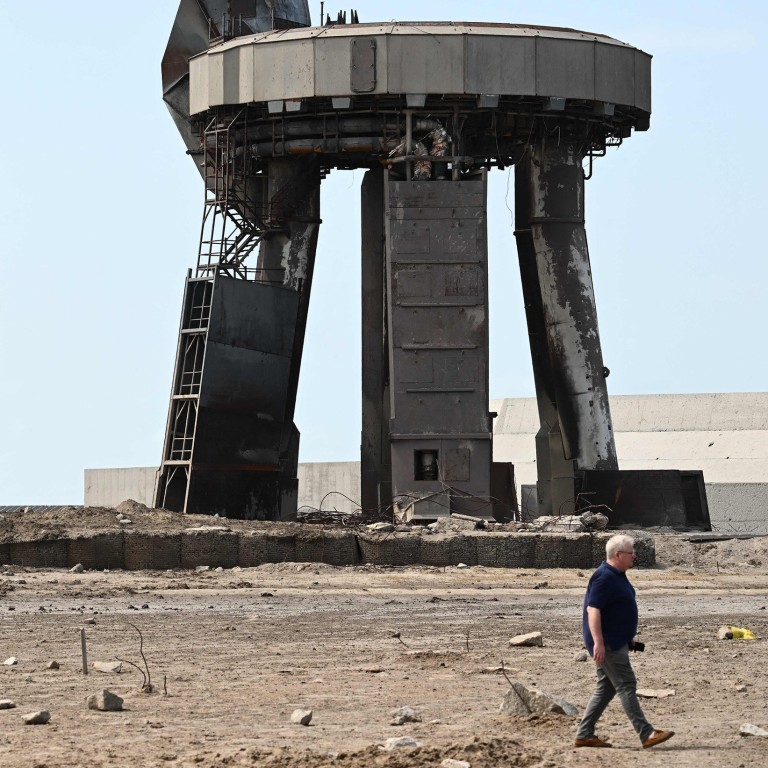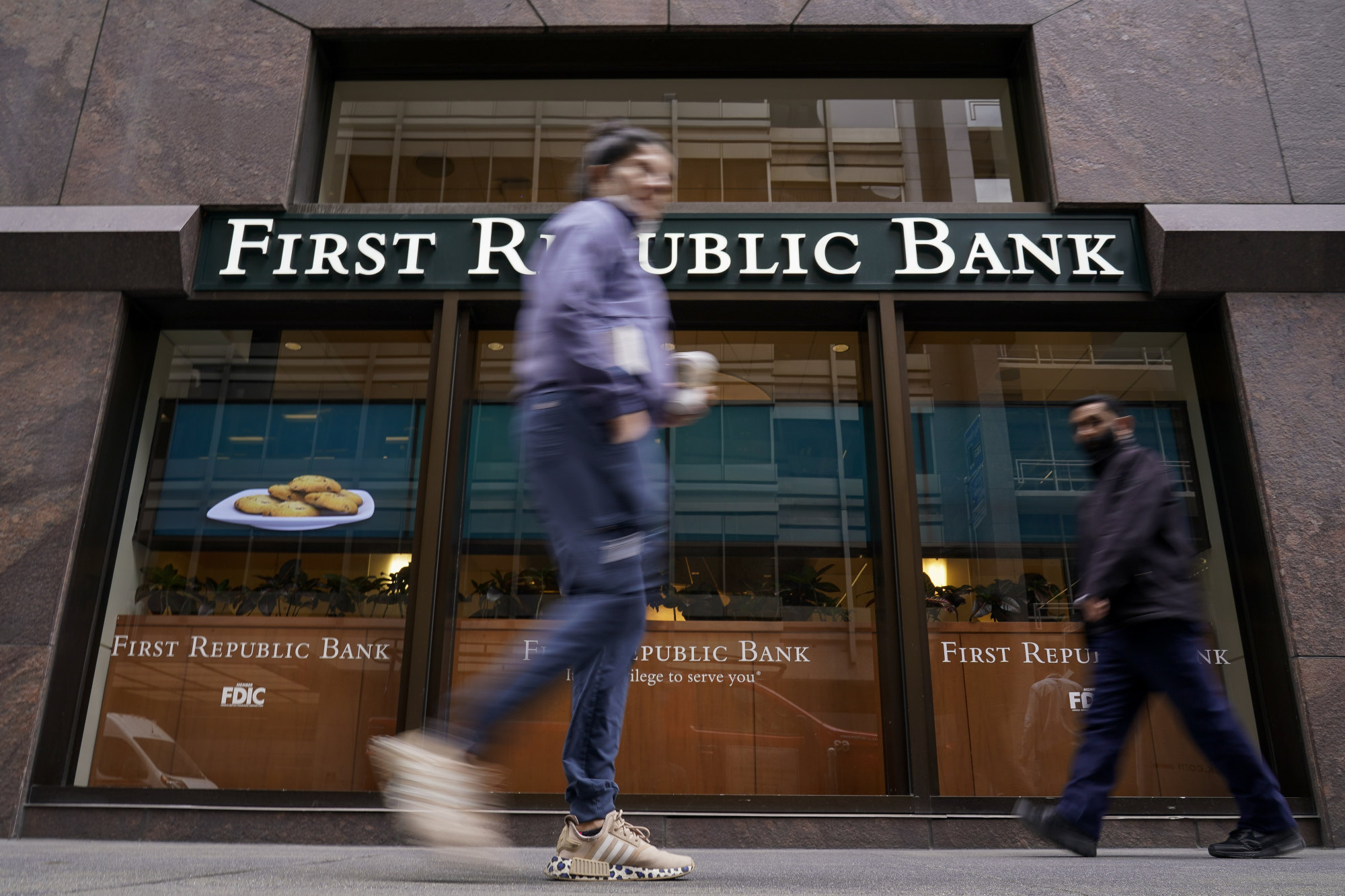
Narrative spin by SpaceX and the Federal Reserve shows scepticism is the need of the hour
- SpaceX casting its rocket’s failure in a positive light and the US Federal Reserve’s insistence that inflation was transitory are examples of attempts to gloss over bad news
- Meanwhile, the advent of ChatGPT, which convincingly mixes fact and fiction, means caution should be the watchword
The SpaceX Starship spacecraft is intended to repeat the achievements of the Saturn V rocket that put US astronauts Neil Armstrong and Buzz Aldrin on the moon in 1969 and then to go onwards to Mars. It is about 30 metres taller than the Statue of Liberty and its 33 rocket engines produce twice the thrust of the Saturn V.
It lifts a 150-tonne payload into low-Earth orbit, which is more than Saturn V’s capacity, on two rather than three rocket stages. It is an awesome feat of modern engineering.
In 1969, children like myself followed every mission in our waking hours. There was no room for error or glossing over the facts.
More is learned by admitting failure than with a cover-up. It is hard to put a huge, untested vehicle into space loaded with explosives. And yet, as narrative psychology suggests, people would rather lie to support their egos, even when they do not need to.
I am told that I excelled academically at the Diocesan Boys’ School in Kowloon, which will baffle my Island School classmates. I apparently did a degree at the University of Hong Kong – when I actually studied in London – and at Harvard in 1986, the one correct fact.
I was described as having founded Harris Capital Management and the Richard Harris Foundation and as being a prominent and successful financier and philanthropist. I am apparently married to China-born Linda, which caused a frosty moment when read by my wife Helen.
‘Godfather of AI’ Geoffrey Hinton quits Google to warn about the tech’s dangers

Money created by central banks in the last 15 years to prevent economic slumps is worth less. Inflation is caused by too much money chasing too few goods, yet recessions are the other side of the growth coin and are impossible to restrain forever.
News outlets around the world swallowed SpaceX’s line that Starship’s failure was actually a success. Lazy researchers might take me for a Hong Kong tycoon, and some economists claim to prevent recessions. It is encouraging to think that even using Google to quickly check original sources might allow investors to become more sceptical of narratives coming from authorities around the world.
Richard Harris is chief executive of Port Shelter Investment and is a veteran investment manager, banker, writer and broadcaster, and financial expert witness


